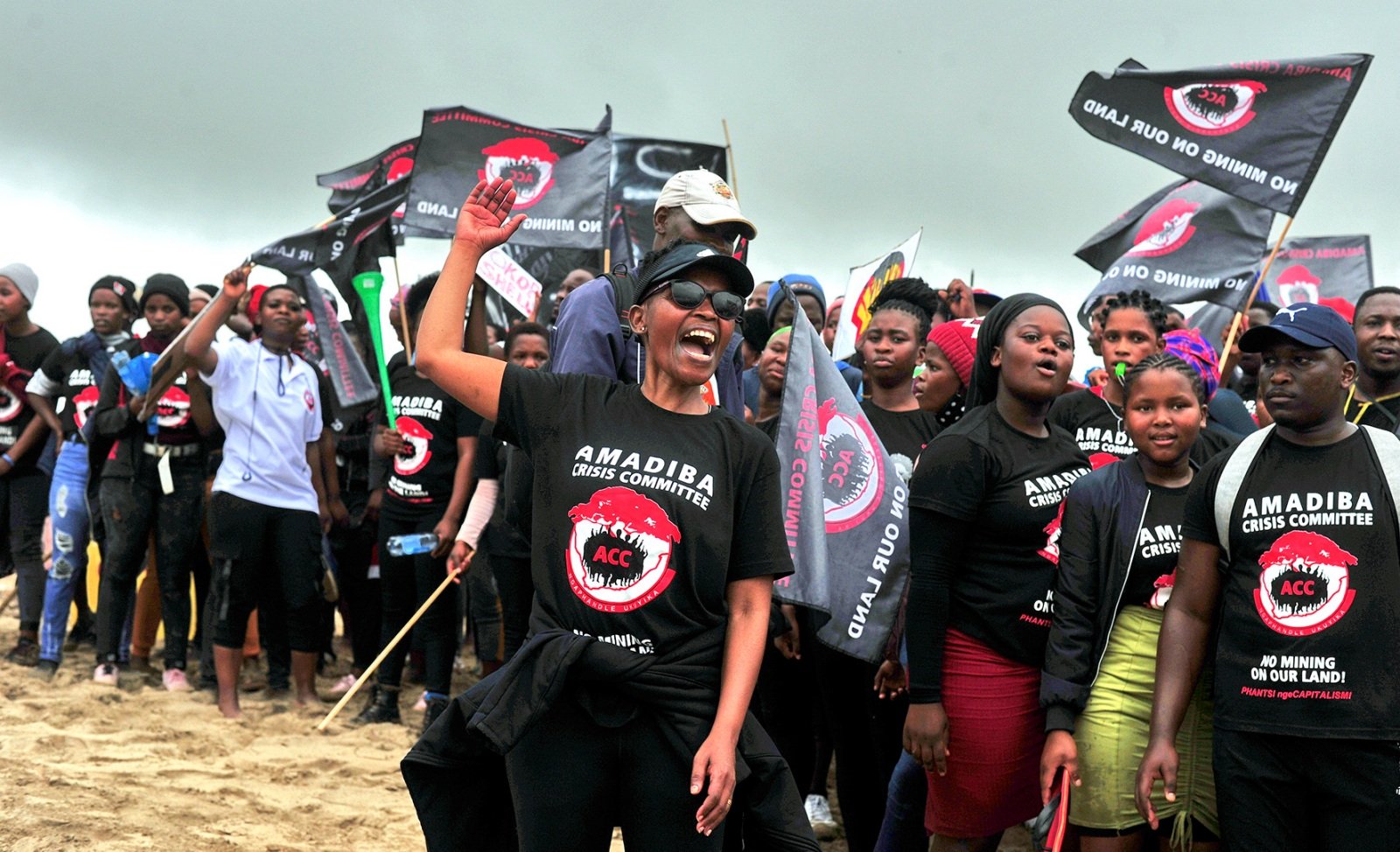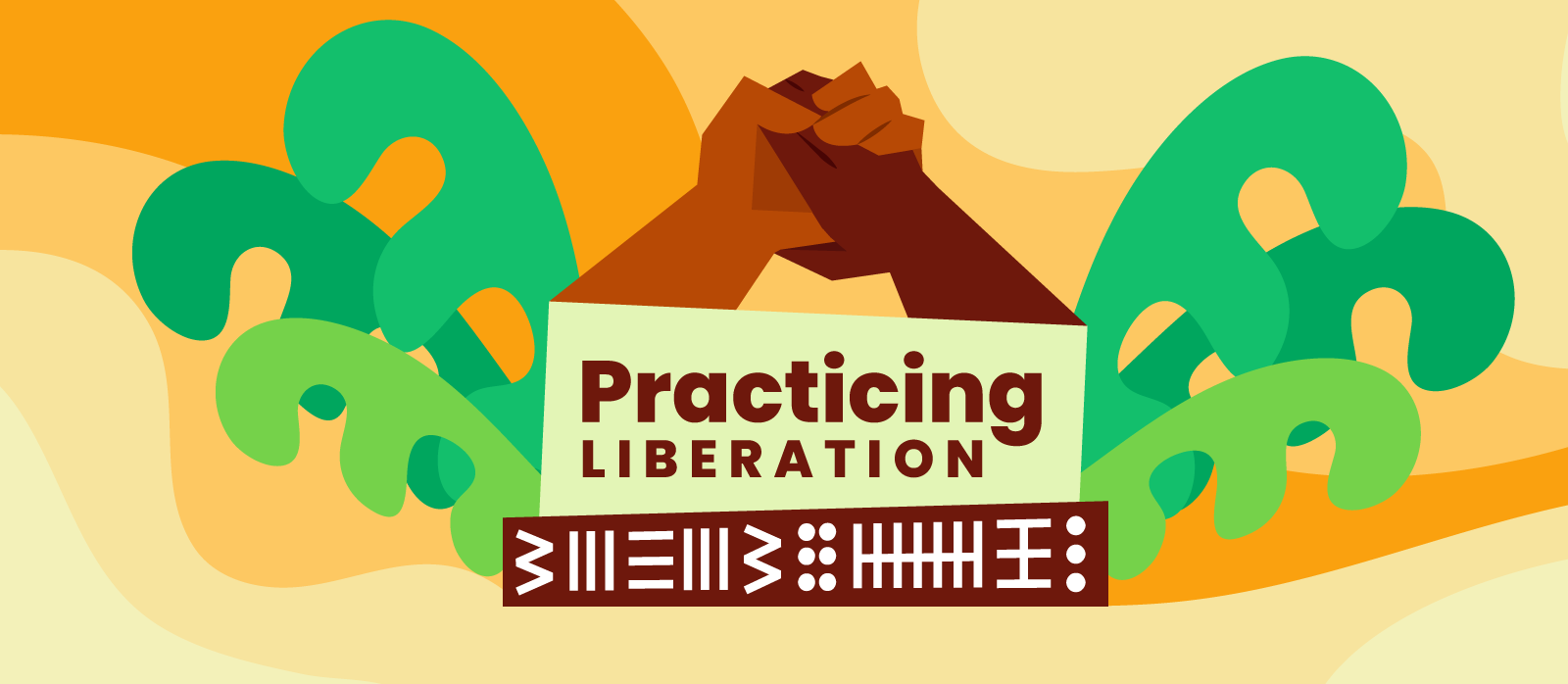Won’t You Celebrate With Me?

by Luam Kidane, former Vice President of Global Programs
With an economic recession looming in the wake of COVID-19, mainstream news cycles are filled with headlines about the stock market, bailouts for corporations, and questions about how global supply chains will fare when most of the world is in the midst of restricted movement of one type or another. Meanwhile, smallholder farmers, workers, landless people, rural women, and migrants across the Global South have been ringing the alarm about the consequences of increasingly concentrated corporate power, authoritarian rule, the climate crises, the failures of capitalism, the criminalization of dissent, and rising fundamentalisms for a long time. COVID-19 has made it abundantly clear that we have to heed the warnings that social movements have been putting forward. We can no longer maintain the status quo of autocratic and corporate rule.
Of the many factors that have contributed to us crashing into this pandemic, the industrialization of how we grow and distribute food is a key culprit. The increasingly close proximity between animals and humans and the decrease in the diversity of species, as a result of land clearing and the consequential destruction of environmental ecosystems, make the transfer of deadly pathogens from animals to humans more likely. Then there is the link between the rise of superbugs and the alarming increased use of antibiotics, fungicides and weed killers in industrial agriculture that are building pathogens’ resistance against the medicines we have to deal with them. But this is just the tip of an iceberg that has been growing and deepening for more than half a century.
For over 50 years, industrial agriculture, land grabs, structural adjustment programs and free trade agreements have undermined the ability of nations in the Global South to produce their own food by incentivizing the implementation of corporate-backed initiatives. For example, the Farmer Input Subsidy Programmes promotes hybrid and GMO seeds, synthetic fertilizers, and pesticides that harm soil fertility and are entrapping farmers in a cycle of debt all while failing to deliver the promised increase in yields. Dependent on the volatile international market for food and on corporations for expensive seed and chemical inputs, Africa’s food systems have been among the most negatively impacted. The ongoing grabbing of African lands by multinational corporations and the exploitation of African labour and resources by extractive trade agreements have reduced public investment in local farmers and food production and have undermined African attempts to, among other things, build liberatory economic systems, attain food sovereignty, and control our lands, territories, labour and resources.
Despite the deck being stacked against us, African peoples have been and continue to plant seeds of defiance, seeds of self-determination, and those seeds have been taking root. Thanks to small scale farmers and social movements across the Continent, we have solutions that provide us with pathways to food sovereignty and climate change mitigation. These are the sprouts of visions and practices for a world where sustainability, autonomy, balance, and justice thrive.
One of the most powerful examples of farmers rising against all odds is the fact that, despite giant corporations’ global campaign to commoditize seeds, 80 to 90 percent of the seeds planted in Africa are supplied by millions of small scale farmers throughout Africa and it is food grown from these seeds that feeds the majority of Africans. It is these farmers, mostly women, that are maintaining Africa’s biodiversity by cultivating a diverse variety of indigenous seeds that are also ecologically resistant. These farmers are the frontlines of the resistance against environmental destruction, land grabs, and corporate power.
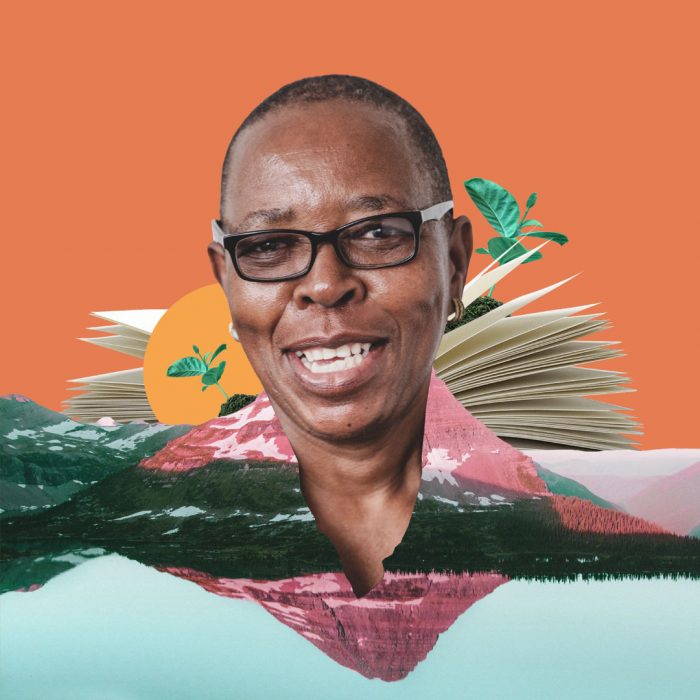
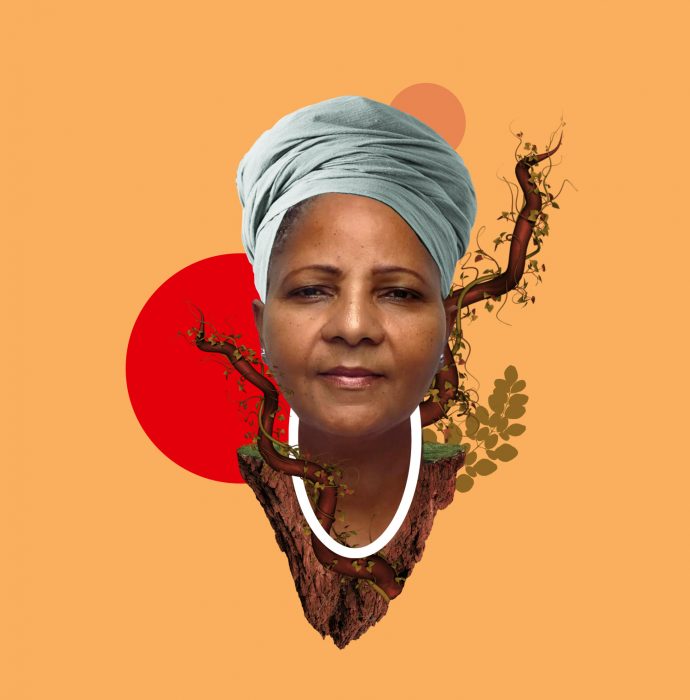
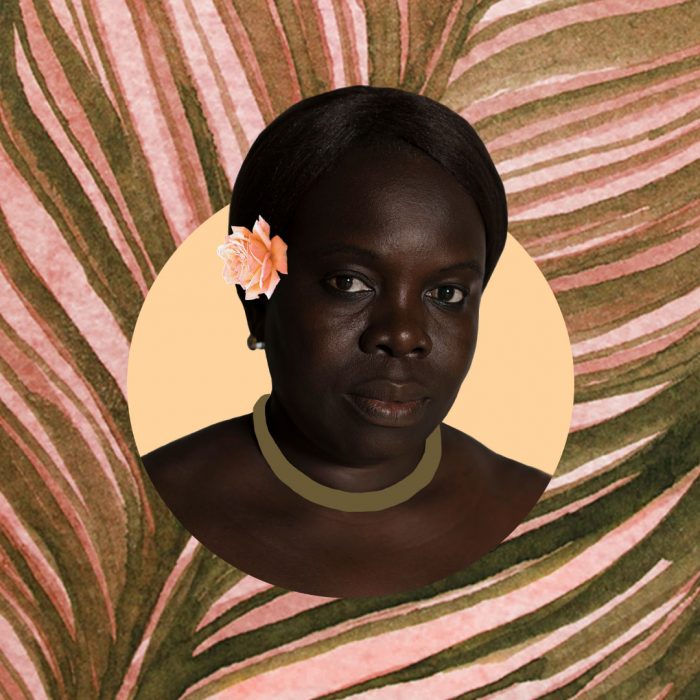
They include Mariama Sonko from Senegal, a founding member of Nous Sommes la Solution/We are the Solution, a west African peasant women’s network that focuses on the importance of seed sovereignty and local sourcing of food; Ntinga Ntaba kaNdoda member, Busisiwe Mgangxela from South Africa who emphasizes that food sovereignty is not just about having access to food, but also about growing diverse crops and having land to grow food on; and Elizabeth Mpofu from Zimbabwe, the General Coordinator of the global peasant movement La Via Campesina and a member of the Zimbabwe Smallholder Organic Farmers Forum, whose land is a lifeline for her and her community.
They are three of 13 farmers that Rudo Chigudu, a Zimbabwean writer and artist, interviewed over the course of two years that culminated into the series Holding Our Ground: Voices for Food Sovereignty. The stories, and the accompanying art work by Ethel Tawe and Richard Musinguzi, take us from stories of resisting life under apartheid in South Africa, to the liberation movement in Zimbabwe, to migration through different parts of Ethiopia, to stories of building a movement of women farmers in West Africa all through the lens of each farmer’s fight for food soverignty, for agroecology, in defense of life, land, and territory.
So, won’t you come celebrate with me these 13 farmers who with every till of the soil are fighting for Africa’s future?
Related Stories

